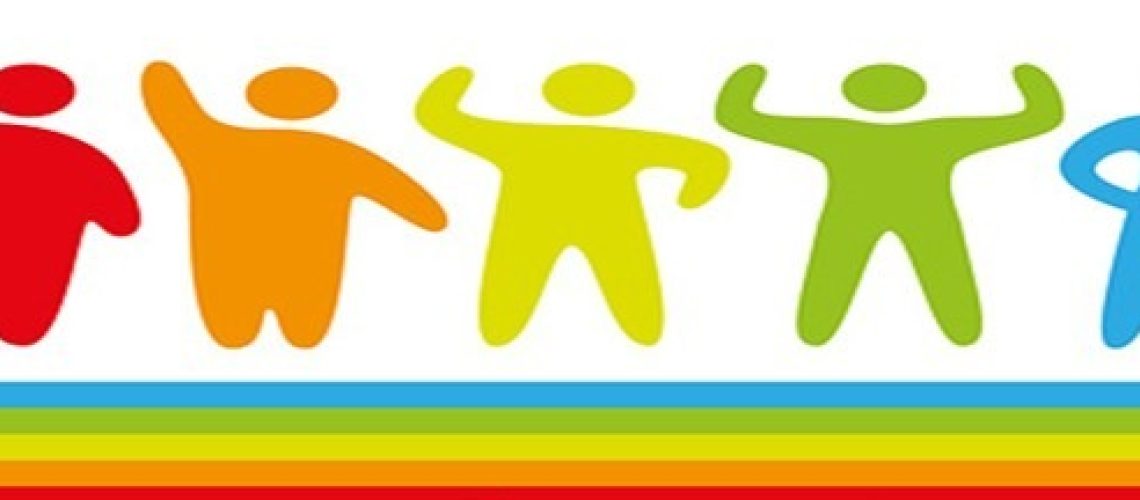Obesity is the accumulation of excess fat tissue in the body and weight exceeding the average norm (taking into account a person’s height) by 20% or more. In the modern world, overweight and obesity have become a global problem. Obesity is a complex disease, the consequences of which are very dangerous, even if not taken into account. We talked about this topic with Flura Smayilova, a doctor of healthy lifestyle at the National Hospital.
The dangers of obesity
– Overweight and obesity increase the risk of developing hypertension, cardiovascular diseases, type 2 diabetes and fatty liver diseases. They also affect the musculoskeletal system (joints and spine) and reproductive function in men and women. Obesity increases the risk of breast cancer, colorectal cancer and other malignant tumors. Such people have sleep disorders and limited physical activity, says doctor F. Smayilova. They become depressed, experience emotional and mental discomfort. Excess weight negatively affects the immune system. Such people often suffer from colds and have a harder time recovering. Excess weight is most common in people between the ages of 30 and 60.
How to determine overweight?
The easiest way to determine overweight is to calculate the body mass index (BMI). For this, it is recommended to use the following formula for people aged 18 to 65:BMI = body weight (kg) × height (m²)
Measurement results:
- BMI <18.5 (low) – indicates underweight;
- BMI from 18.5 to 24.9 (normal) – is considered healthy;
- BMI from 25.0 to 29.9 (high) – indicates overweight and obesity;
- BMI from 30.0 to 34.9 (high) is grade I obesity.
- A BMI of 35.0 to 39.9 (very high) is class II obesity.
- A BMI of 40 or more (very high) is class III obesity (morbid obesity).
Another simple test is your waist. The larger your waist, the greater the health risk. The recommended waist circumference for women should not exceed 80 cm, and for men, it should not exceed 94 cm. For people with a belly, the waist is measured 2 cm above the navel. For thin people, the waist is measured at its narrowest point.
Conditions that contribute to overweight and obesity:
- Overeating (energy imbalance) – especially eating sweets, bakery products, confectionery, fast food and fatty foods.
- A sedentary lifestyle – long work at the computer, lack of physical activity.
- Stress and lack of sleep cause the body to produce hormones that increase appetite.
- Heredity: if parents are obese, children are also at higher risk of developing it
- Metabolic and hormonal disorders, such as thyroid disease.
- Depending on the distribution of fat:
- Visceral obesity (fat is not deposited in the subcutaneous layers of the body, but in the abdominal cavity, around vital organs)
- Peripheral obesity (fat is deposited in the subcutaneous tissue – on the back, neck, hips, buttocks)
- Mixed obesity (fat deposits affect both internal and external systems of the body).
Why do we often gain weight in autumn and winter?
There are several reasons for gaining excess weight in autumn and winter. Shorter daylight hours, reduced physical activity, increased calorie intake, hormonal changes (including vitamin D deficiency) and psychological factors. For example, seasonal depression and carbohydrate addiction. Reduced physical activity. Due to the bad weather, people walk less. Due to the lack of movement, energy is also spent less. Increased calorie intake. In the cold season, we crave more calorie-dense, sweet foods. Those who like fatty, spicy and salty foods eat more bread. Lack of water. In winter, we drink less clean water, and the body confuses thirst with hunger. Decreased vitamin D levels. Lack of sunlight leads to vitamin D deficiency due to fat accumulation and increased appetite. Slowed metabolism: In the cold months, the body can slow down its metabolism, which can lead to weight gain even with a normal diet. Hormonal changes. Reduced daylight hours affect hormone production and alter biorhythms. Decreased serotonin (“happiness hormone”) is compensated by cravings for sweets and stress hormones. Seasonal depression. Seasonal fatigue and apathy can affect eating and lead to depression. Behavioral changes. Cravings for carbohydrates and food in general can be a way to cope with stress and unstable mood.
To avoid gaining weight in the cold seasons:
A person should spend the calories and energy consumed through food throughout the day. If you have a hereditary predisposition to obesity or are overweight, it is worth adjusting your diet and following simple recommendations. Eat more often, but in small portions; reduce sugar, bread and fatty foods. At least 1 per day.




